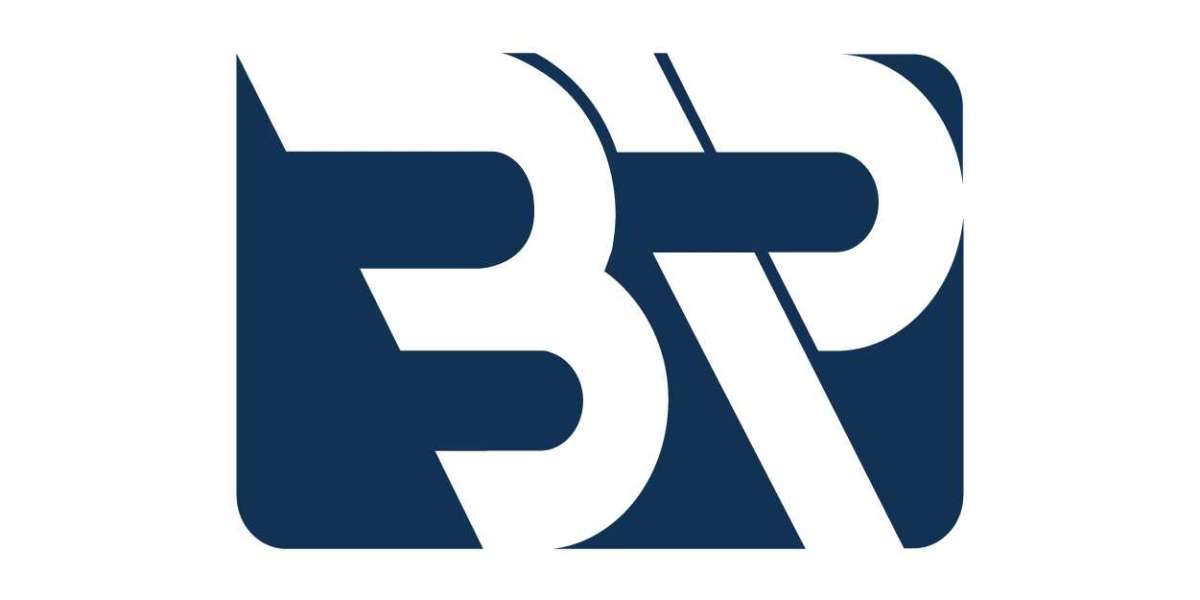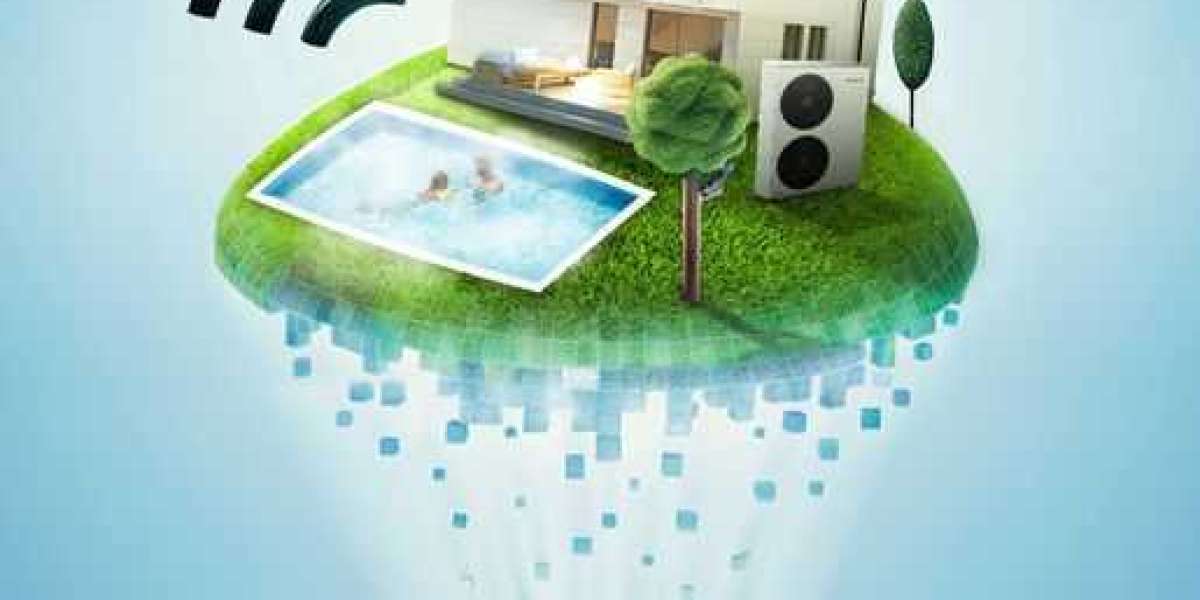Introduction: A Changing Landscape for Water Consumption
In recent years, water consumption patterns have undergone significant changes due to various factors such as population growth, climate change, advancements in technology, and increased awareness about water conservation. This evolution has directly impacted utility bills, making it essential for consumers to understand and adapt to these changing circumstances. In this article, we will explore the factors driving water usage evolution and their implications for utility bills, as well as discuss innovative tools such as UtilityBillGenerator that make managing water expenses more efficient.
Population Growth and Urbanization: Straining Water Resources
As the global population continues to grow and urbanization increases, water resources are becoming increasingly strained. This heightened demand for water has led to higher utility bills as municipalities invest in infrastructure to meet the needs of their expanding populations. Consequently, households are encouraged to adopt water-saving practices to mitigate the financial burden and ensure the availability of water for future generations.
Climate Change: Unpredictable Patterns and Higher Costs
Climate change is altering precipitation patterns and causing extreme weather events, resulting in unpredictable water availability. Droughts and floods can lead to higher water utility bills as water treatment and distribution become more complex and costly. This highlights the importance of water conservation and efficient water management to minimize the financial impact on households.
Technological Innovations: Smart Solutions for Water Management
The rise of smart technologies has led to innovations in water management, such as smart meters and leak detection systems. These technologies help consumers monitor their water usage in real-time, enabling them to identify wasteful habits and implement water-saving strategies. As a result, households can reduce their utility bills while contributing to a more sustainable water future.
Water Conservation Awareness: A Key Factor in Reducing Utility Bills
Increased awareness about the importance of water conservation has encouraged individuals to adopt sustainable practices, such as installing low-flow fixtures, harvesting rainwater, and using graywater for landscaping. These efforts have a direct impact on utility bills, as they help to reduce water consumption and wastewater generation, ultimately lowering costs for both households and municipalities.
UtilityBillGenerator: A User-Friendly Tool for Water Expense Management
One of the innovative solutions making utility bill management more efficient is utilitybillgenerator. This user-friendly online tool allows users to create customized water bills based on their consumption patterns, providing them with a clear understanding of their water usage and expenses. UtilityBillGenerator not only helps users identify potential areas for improvement in their water consumption habits but also empowers them to make informed decisions about their water use, ultimately leading to lower utility bills.
Conclusion: Adapting to the New Reality of Water Usage
As the evolution of water usage continues to impact utility bills, it is crucial for consumers to adapt to these changes by adopting water-saving practices, investing in smart technologies, and utilizing tools like UtilityBillGenerator. By doing so, households can successfully manage their water expenses, reduce their environmental footprint, and contribute to a more sustainable water future for all.








